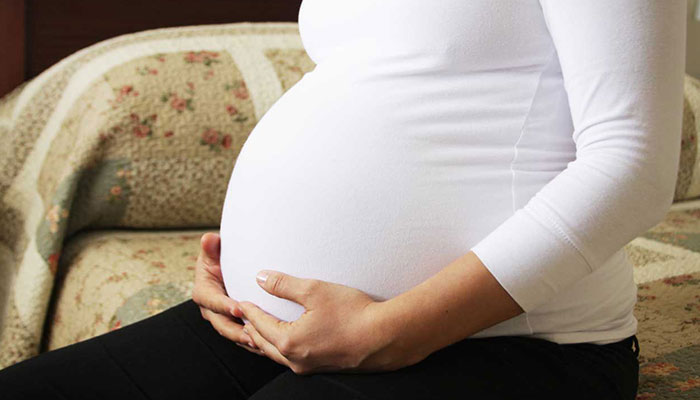
How Do I Know If I’m Going Into Labor?
If you’re nearing the end of your pregnancy, it feels like every slight shift or discomfort can signal the start of labor. How are you supposed to know if contractions are starting or if you’re just having phantom pains? Luckily, there are several telltale signs that let you know you’re going into labor – and to get to the doctor ASAP.
Consistent, Strong Contractions
The most well-known of labor symptoms are strong and regular contractions. During your entire pregnancy, your uterus has been preparing for labor by exercising its contraction muscles. However, during the start of labor, these contractions intensify and increase, because they are beginning to push the baby into the birth canal.
During labor, your contractions will feel intense and regular. Contractions begin in the back and make their way to the front of your belly. Your abdomen will clench up, becoming quite hard, and then relax. Timing your contractions is one way to tell how close you are to labor – if your contractions are about five minutes apart, you’re in labor.
Water Breaking
When your fetus is growing in your uterus, it is surrounded by a protective sac of amniotic fluid. When you’re going into labor, this sac is no longer needed and it bursts during the labor process. This fluid can be a strong gush or a trickle.
Sometimes, your water will break days before you give birth. Your water might not even break at all. However, if you do experience your water breaking, this is a major sign that labor is only a couple of days away. This is because the baby becomes vulnerable to infection and other complications once the amniotic sac breaks. Your doctor will likely want to deliver the baby within a day or two of your water breaking.
Baby Drop
If it’s your first pregnancy, your body will have to prepare itself for labor. A few weeks before the baby is due, you will feel a lightening sensation. This happens because the baby is descending into your pelvis in order to prepare for labor. You will feel less pressure in your ribcage during this time, but you’ll feel increased pressure on your bladder. Your belly will appear lower and more protruding as well. This happens a few weeks prior to labor for new mothers, but if this is your second or subsequent child, the baby will usually drop right before labor begins.
If you’re an expecting mother in the Nashville area, you deserve inclusive and welcoming care as you prepare for the arrival of your little one. Contact the OBGYN team at the Women’s Medical Associates of Nashville to schedule your appointment today.
